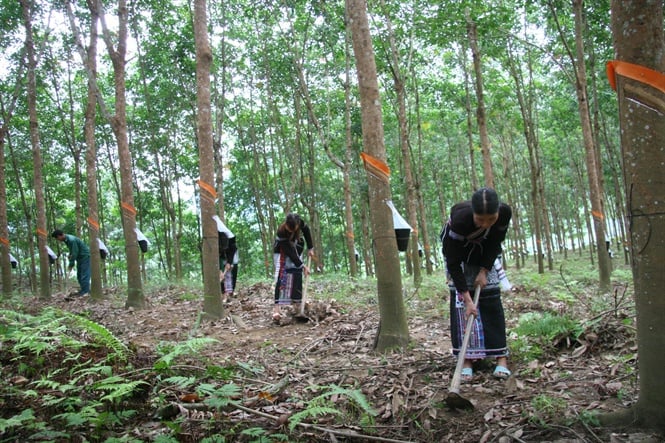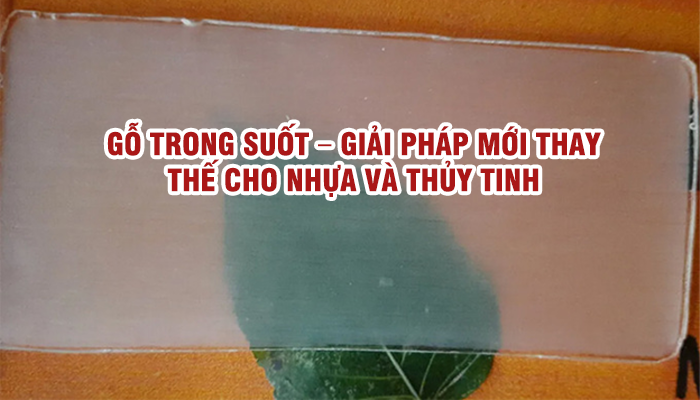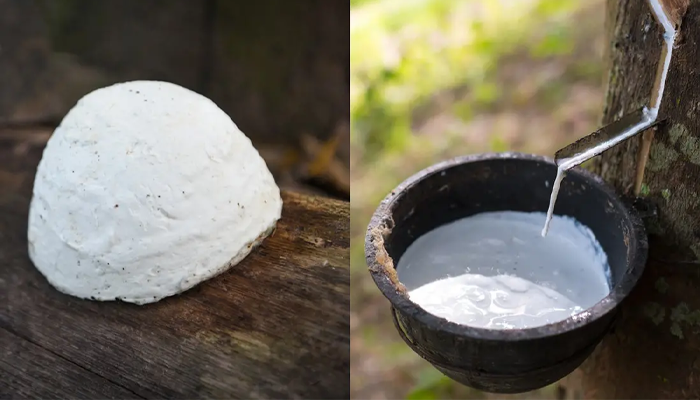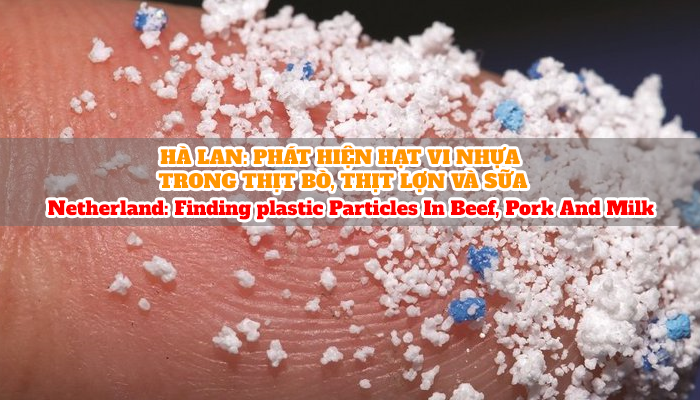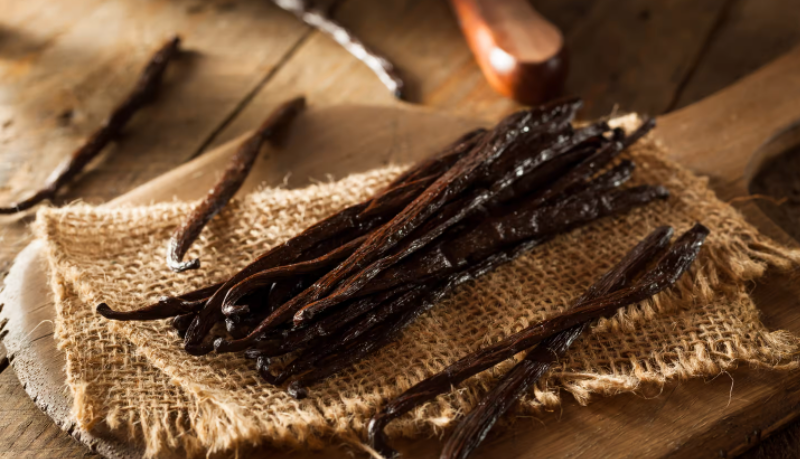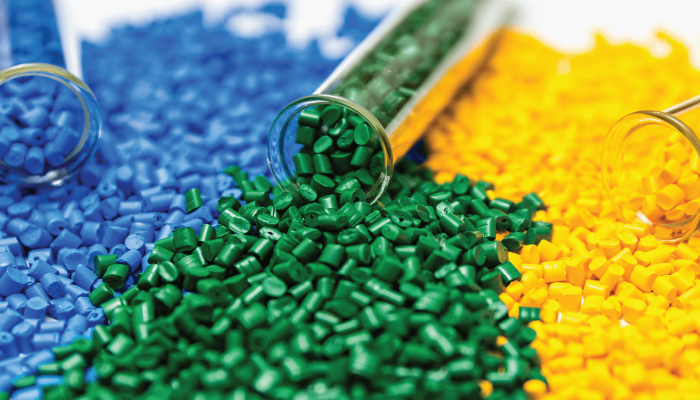XO PLASTIC WARNING: POTENTIAL HAZARDS
Is XO plastic really self-decomposing in the environment?
Plastics or synthetic plastics are products that are not available in nature. It is man-made and takes a very long time to decompose, which can last up to hundreds, thousands of years (plastic bottles take up to 450-1000 years to decompose, plastic straws and plastic bags take up to 100-500 years, etc.). This has caused the current global threat of plastic waste, directly affecting our health and living environment. And that is the reason for the demand for "clean-green" products called self-decomposing bioplastics.
Labeled "self-decomposing", "safe", and OXO self-decomposing plastic products make many people trust them because of their advantages of not harming health and protecting the environment. However, is that true?
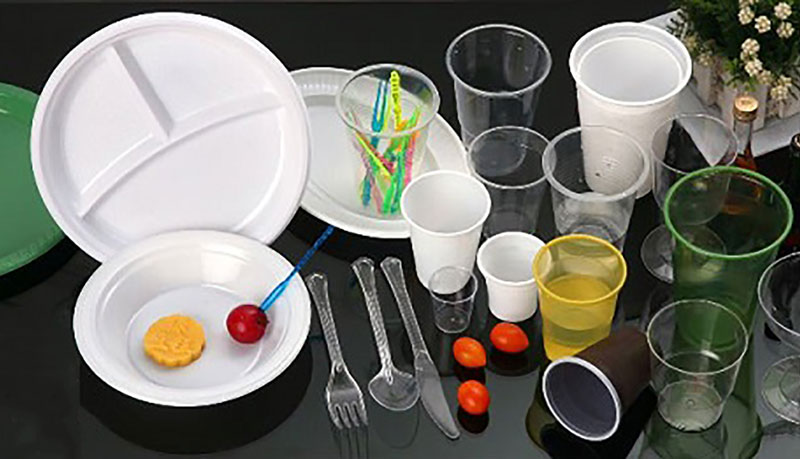
If biodegradable and compostable plastics all end their journey by returning to nature like "leaves lying in the ground", OXO self-decomposing plastic is not as simple as it seems. While Biodegradable and Compostable plastic products have the ability to decompose into CO2, H2O... under the influence of microorganisms, OXO self-degradable plastic products, the main ingredients are still common polymers PE, PP, PS and add OXO additives in the production process. It is this OXO additive that helps plastic bags break down into small pieces much faster than ordinary bags. The two most widely used OXO additives are D2W and Oxium.
D2W is the OXO additive technology of UK-based company Symphony Environment. According to information from the manufacturer, d2w is very effective and only needs to be used 1% in conventional PE and PP bags.
Oxium is a biodegradable additive technology of the Indonesian company Tirta Marta. In terms of technical information, this product is quite similar to the d2w. The product's ability and time to decay is not clearly confirmed whether it will take place as advertised, but only stated that it will take place faster than ordinary plastic products without additives at the same time.
In January 2018, the European Commission released a report on Oxo-degradable, which stated: “No evidence was found in the external environment that decomposition into fragments of low enough molecular weight allows actual biodegradation.”. Therefore, there is a risk that pieces of plastic that do not fully decompose will cause a rapid accumulation of microplastics. That is the reason that the European Bioplastic Association believes that OXO biodegradable plastic is not biodegradable.
Adverse health and environmental impacts from OXO biodegradable plastic
Agreeing with the European Bioplastics Association when saying that OXO biodegradable plastic is not really biodegradable, in the Report of the United Nations Environment Program (UNEP) also expressed concern about items made from OXO self-degradable plastic when disposed of may increase microplastic pollution.
The mechanism of OXO self-degrading plastic is to decompose through oxidation, which breaks down into microplastic particles and then mixes with soil, air and water sources, causing serious environmental impacts. In fact, OXO self-decomposing microplastics can still remain intact in the ocean for hundreds of years. These microplastic particles will be absorbed and accumulated in marine organisms and animals and so on continue to enter the human food chain.
Facing the risks of adverse impacts on the environment and human health, Mr. Hasso von Pogrell - Executive Director of the European Commission said: "The European Commission has long warned about the harmful effects of OXO self-degradable plastics to the environment, as well as the potential to confuse this product with truly biodegradable products. Over the past few years, green labeling of OXO self-biodegradable plastic products has caused confusion among the public about the biodegradability of these products.”
To remove this shortcoming, Mr. Hasso von Pogrell added: “The Commission also makes a necessary and clear distinction between biodegradable products and OXO products - which cannot be considered bioplastics. Accordingly, OXO self-degradable plastic is just a common plastic material with artificial additives added, so it is not biodegradable, but can only decompose into microplastics and then accumulate, harmful to the environment, waste processing such as recycling or composting”.
Recognizing the harmful effects of OXO biodegradable plastic products, in Europe, more than 150 organizations, including leading businesses representing every step of the plastics supply chain, industry associations, NGOs Government, scientists, and elected officials endorsed a statement calling for global action on banning persistent plastic packaging from OXO to avoid widespread environmental risks. Because many countries believe that microplastics and heavy metals from OXO self-destructing plastic products, when decaying, they will easily enter the food circulation chain, causing adverse effects on human health.
Accordingly, the strongest move is that the European Union has introduced a regulation banning OXO self-decomposing plastic products. Specifically, from July 3, 2021, single-use plastic products such as plastic plates, knives and forks, straws, balloon sticks, cotton swabs are banned from consumption in the European Union (EU). The ban also applies to products made from OXO biodegradable plastic. In addition, Europe is also implementing appropriate recycling and plastic waste management strategies and looking for sustainable alternatives to affordable single-use plastic products.
In addition, Denmark and Latvia have introduced regulations banning the marketing of certain single-use plastic products and products made of OXO self-biodegradable plastic. In Italy, the Court of Milan held that the fact that plastic products containing D2W did not degrade more than conventional plastics was enough to show that the product did not meet the European standard for industrial degradability, according to the EN 13432 standard. Therefore, the court ruled that plastic bags and other products containing the additive 'd2w' could not be legally used as a "biodegradable" product according to the standards of the European market.
Thus, in Europe, OXO self-decomposing plastic products are no longer "living land". Because these materials contain many risks to the environment, they are no longer the right choice for sustainable, green production, not a link in the circular economy.
In Vietnam, many companies produce disposable products made from plastic and are sold in supermarkets, the most common are bags, cups, spoons, forks... However, it is confusing to distinguish between utterly biodegradable plastic and OXO biodegradable plastic when both carry the name "biodegradable". It is this that has led consumers to mistakenly believe that OXO self-destructing plastic is environmentally friendly, but in fact, it is toxic to the environment.
After December 31, 2030, stop the production and import of single-use plastic products (except for products certified with Vietnam's eco-label), non-biodegradable plastic packaging (including non-degradable plastic bags). biodegradable plastic containers, styrofoam plastic containers for packaging and food containers)and products and goods containing microplastics, except for the case of production for export and the production and import of difficult-to-biodegradable plastic packaging to pack products and goods for sale to the market.
>>>Click HERE to update our latest news<<<
Contact
MEGA VIETNAM
Office address: Floor 2-A2-IA20, Nam Thang Long Urban Area, Pham Van Dong Street,
Dong Ngac Ward, Bac Tu Liem District, Hanoi City, Vietnam
Email: contact@megavietnam.vn
Tel: (+84) 24 375 89089; Fax: (+84) 24 375 89 098
Website: megavietnamgroup.com
Hotline: 1800.577.728; Zalo: 0971.023.523





